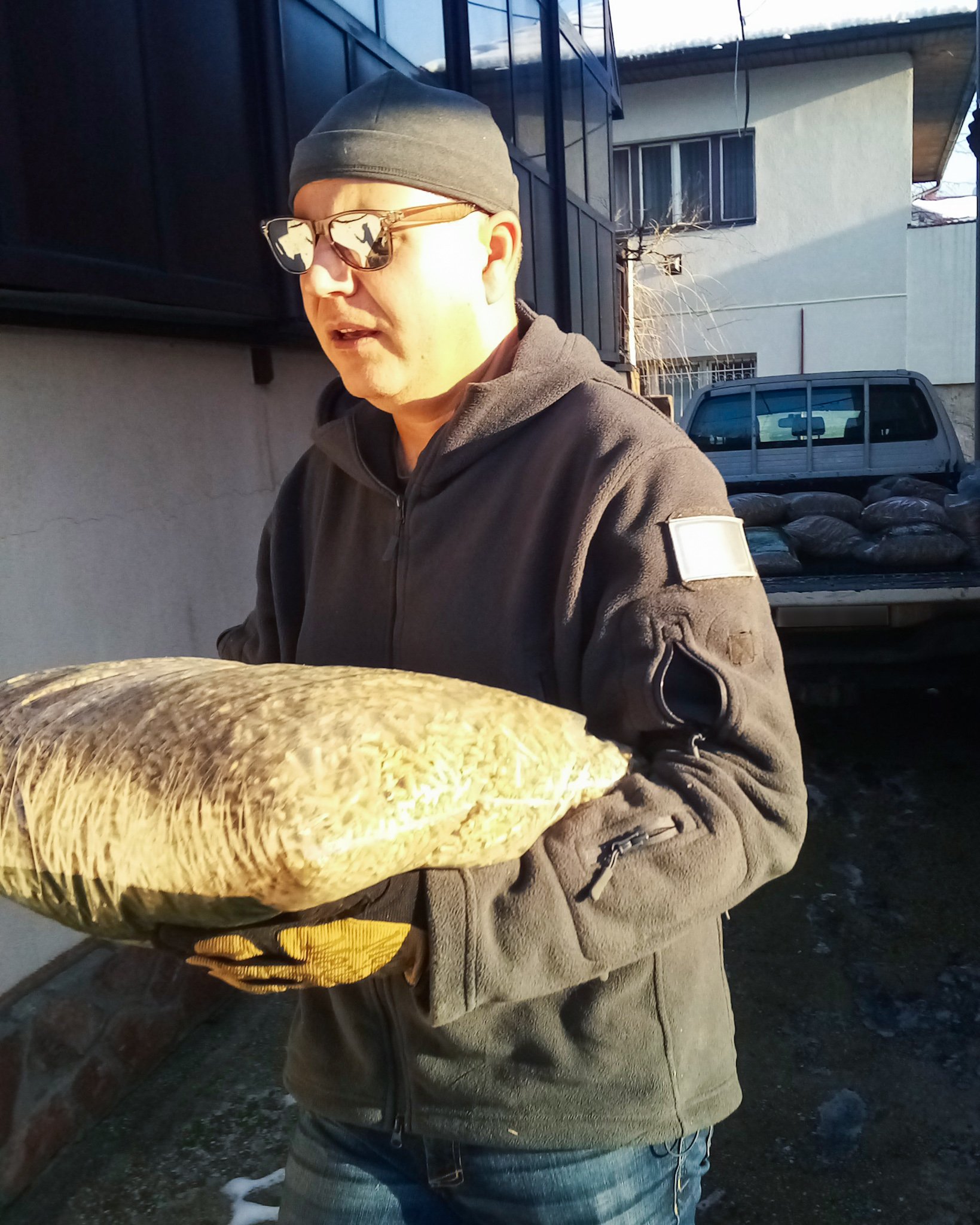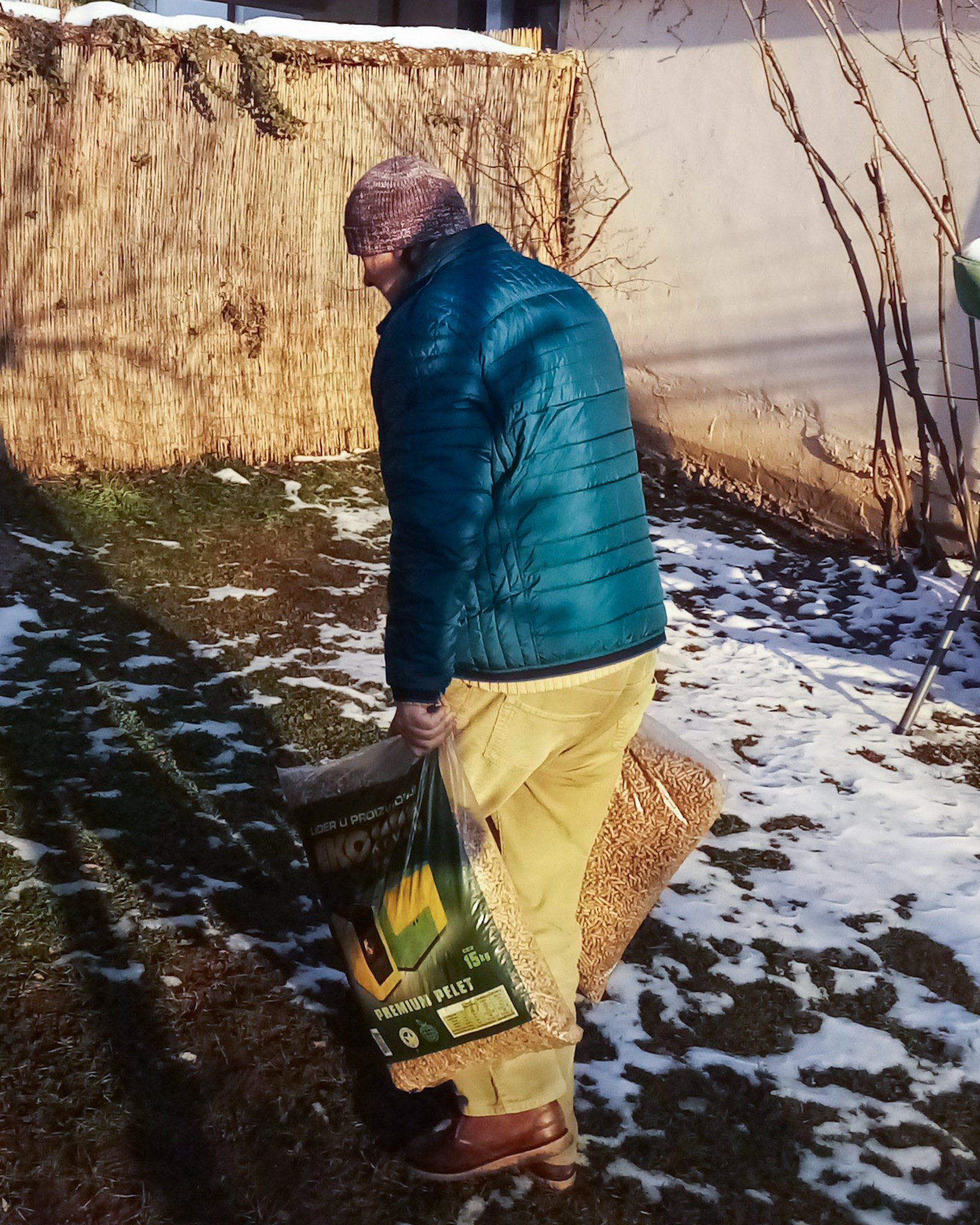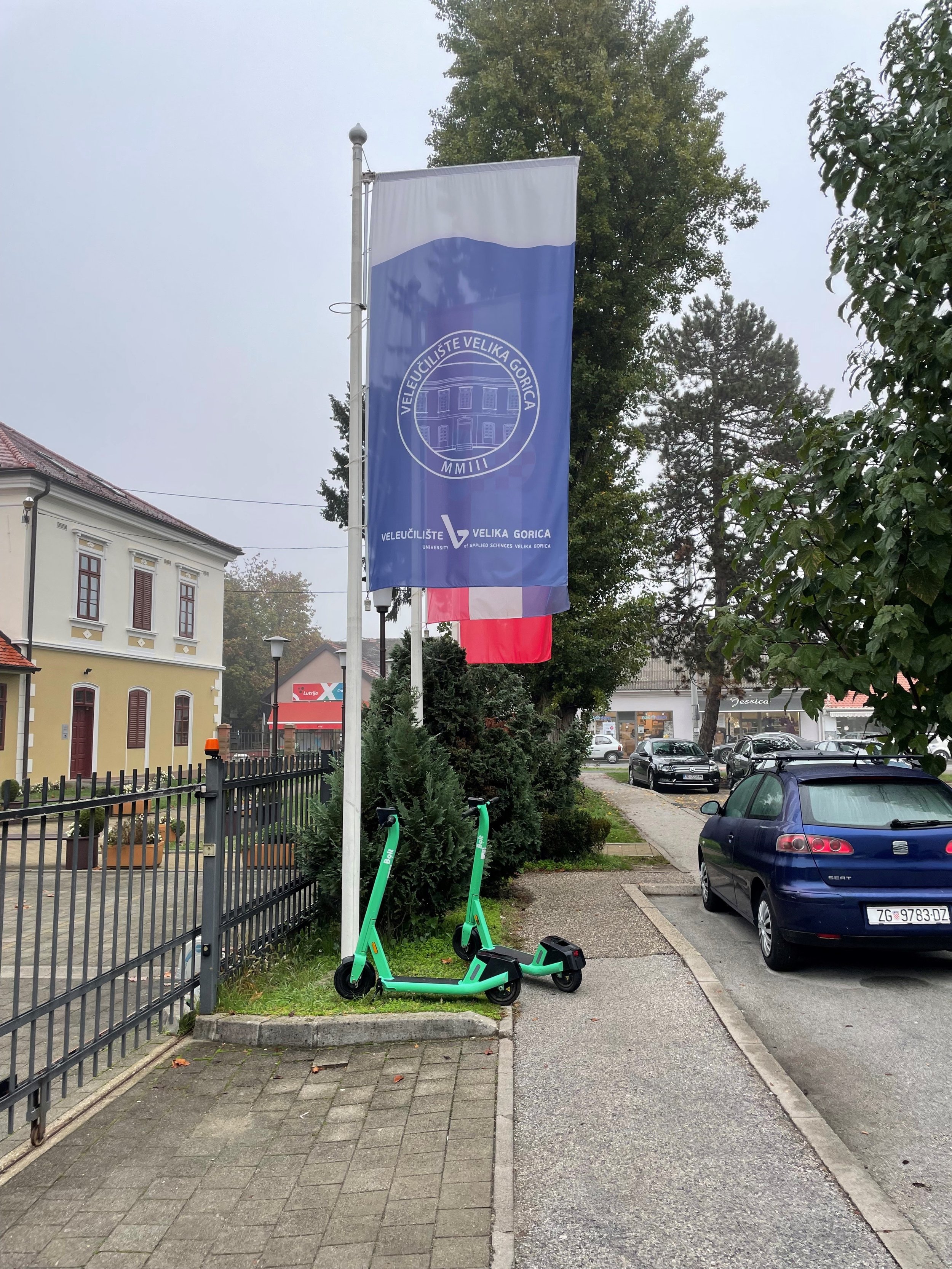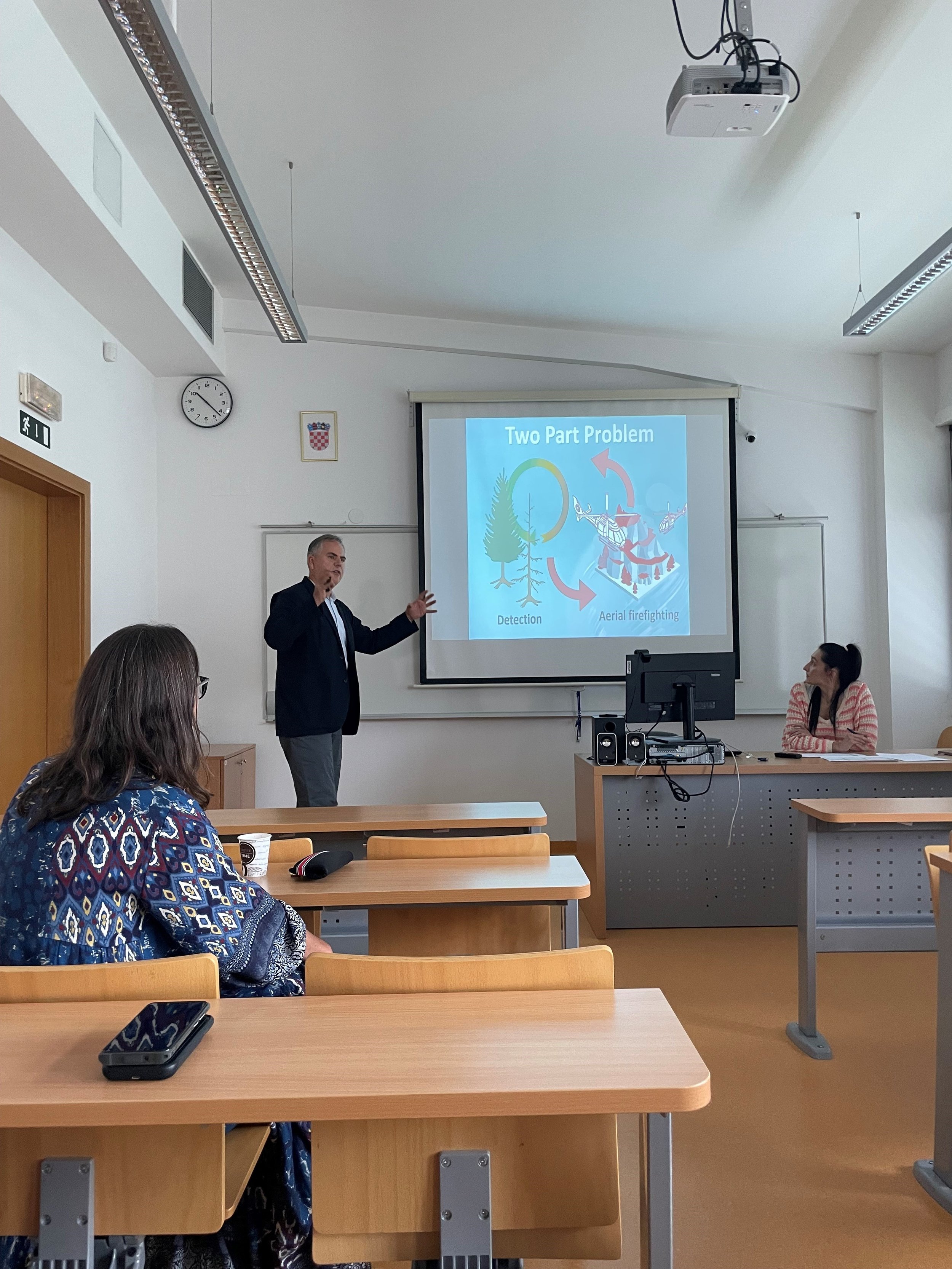Combatting Climate Change
Reduced Pollution and Fossil Fuel Burning for a Sustainable Future
Reduced CO2 emissions, habitat destruction and exploitation, and diversity loss are keys to a greener future. DTCare is building a more sustainable world through conservation and anti-pollution initiatives in Bosnia and Herzegovina. DTCare’s efforts to combat climate change are focused on bee conservation and protection and reducing air pollution by minimizing the burning of fossil fuels and heat-trapping gas in and around Sarajevo, one of the highest-ranking air polluting capitals of the world.
Most of the world relies on fossil fuels (coal, oil, and gas) to power its electricity and heat. In reducing fossil fuels, fewer heat-trapping gasses end up in the earth’s atmosphere, which results in global warming, and ultimately, climate change. Due to warming behaviors during winter months and industries’ lack of investing in technologies that reduce carbon emissions, heavily populated cities such as Sarajevo face low air quality and smog year-round.
“Sarajevo, the capital of BiH, ranks 35th on the list of most polluted major cities globally.”
Sarajevo, the capital of Bosnia and Herzegovina, topped the World Air Quality Index list of most polluted large cities in the world. With the onset of winter, Sarajevo is engulfed in a cloud of smog. The city is currently one of the biggest air pollution producers globally, resulting, in part, from citizens burning coal and wood to fend off freezing temperatures during the sub-zero winter months.
Burning fossil fuels such as coal, oil, and gas, produce heat-trapping gasses which prevent heat from escaping the atmosphere causing global warming. To aid families in need, DTCare secured and distributed a sizeable quantity of heating pellet, a greener stove fuel alternative to burning coal or wood, in and around Sarajevo during the protracted cold spell during January, 2022.


Risk Detection and Mitigation in Aerial Fire Fighting
Rampant wildfires lead to severe diversity loss, increased release of carbon emissions, and damage that can take years to rebuild. Early detection and risk mitigation are essential in aerial firefighting to extinguish fires before they devastate entire forests. To that end, Dr. Amer Smailbegovic from DTCare presented on the topic of "Risk Detection and Mitigation in Areal Fire Fighting in Rugged and Mountainous Terrain" during the "Crisis Management Days" Conference at the University of Velika Gorica in Croatia.


